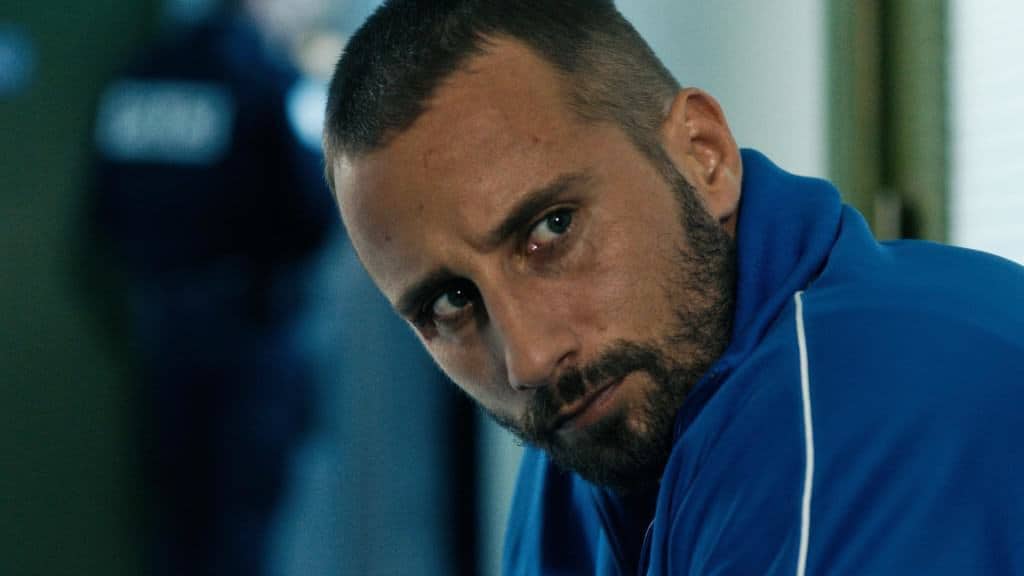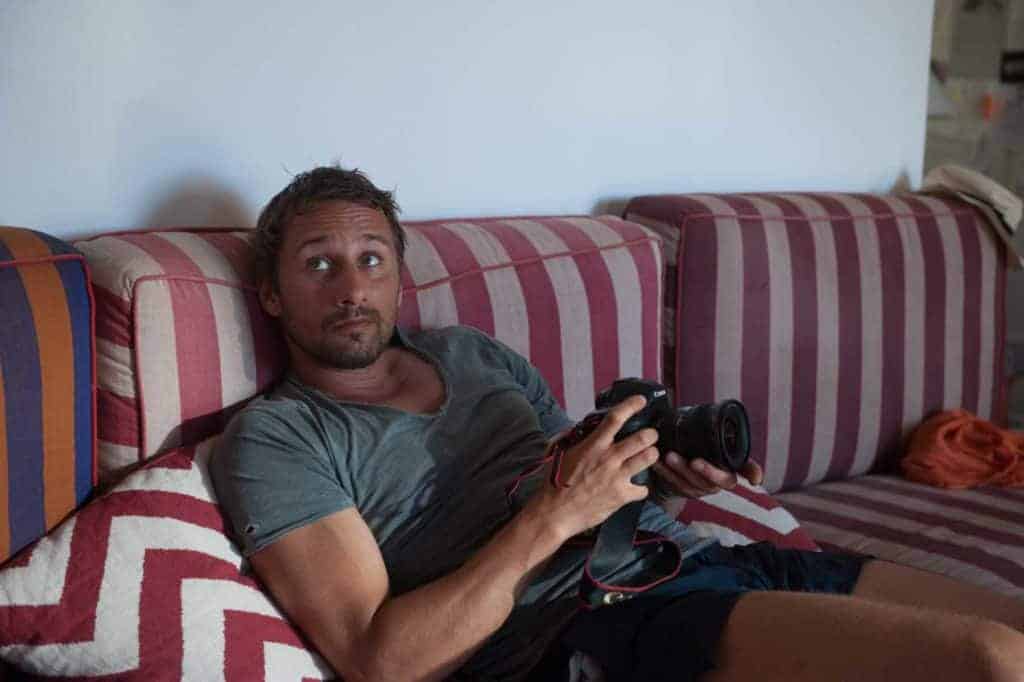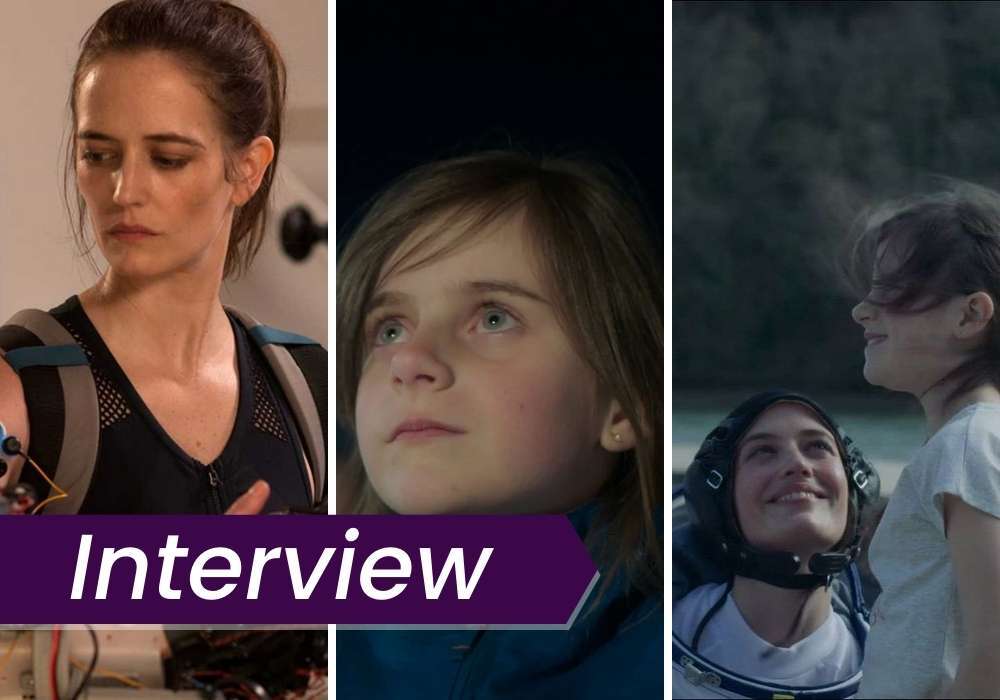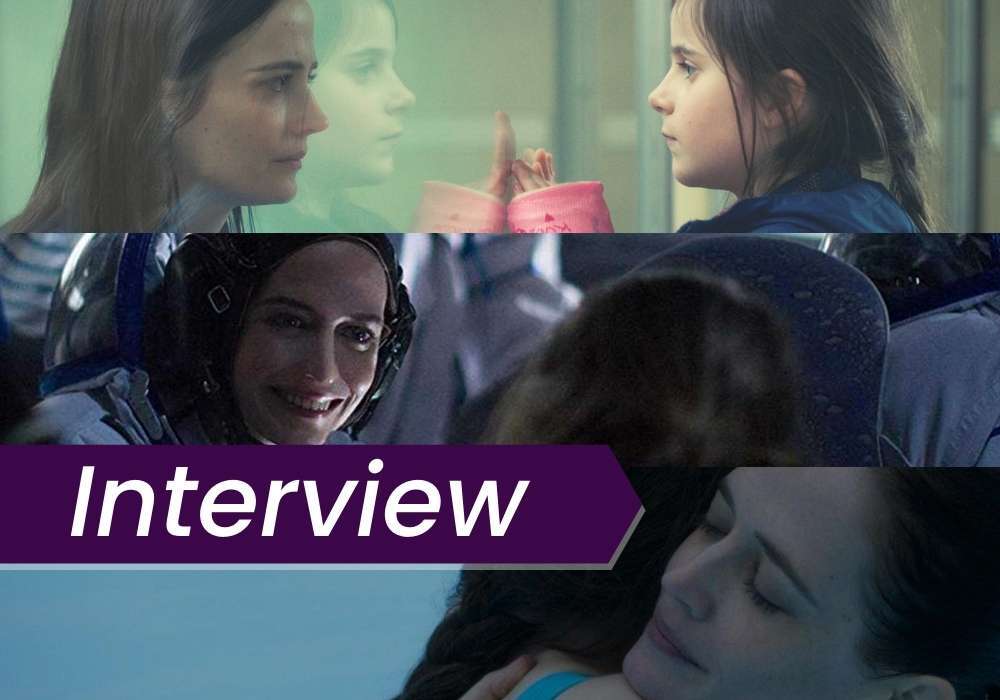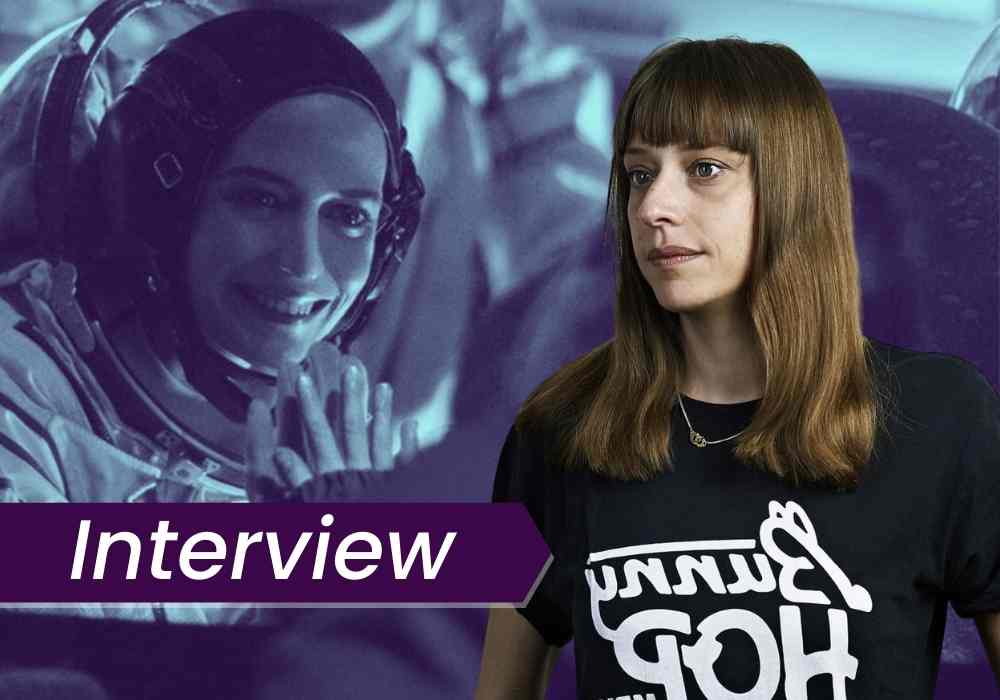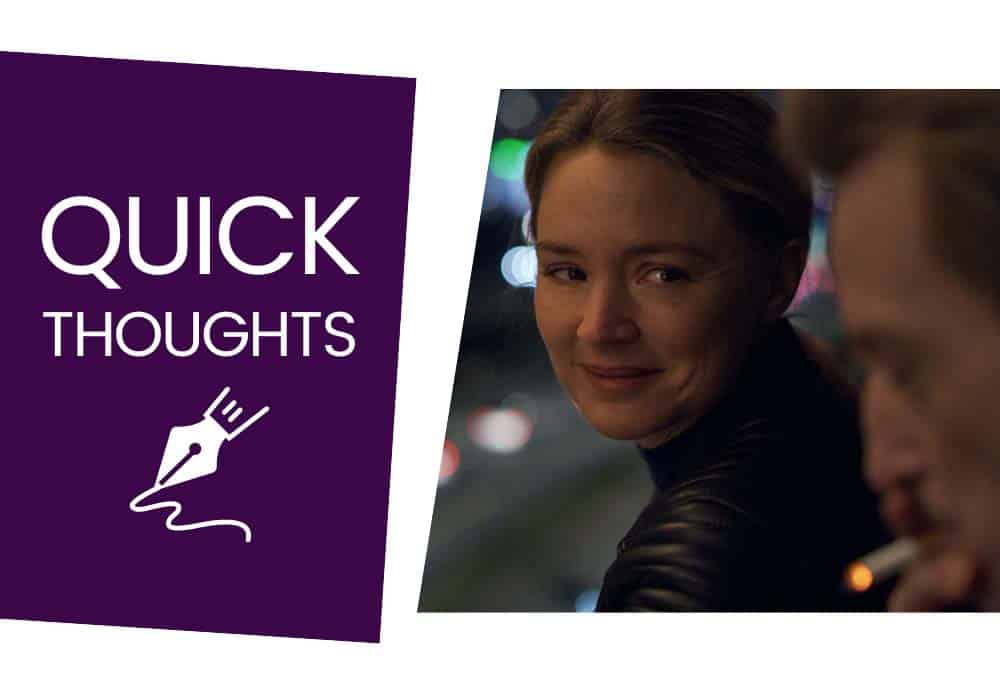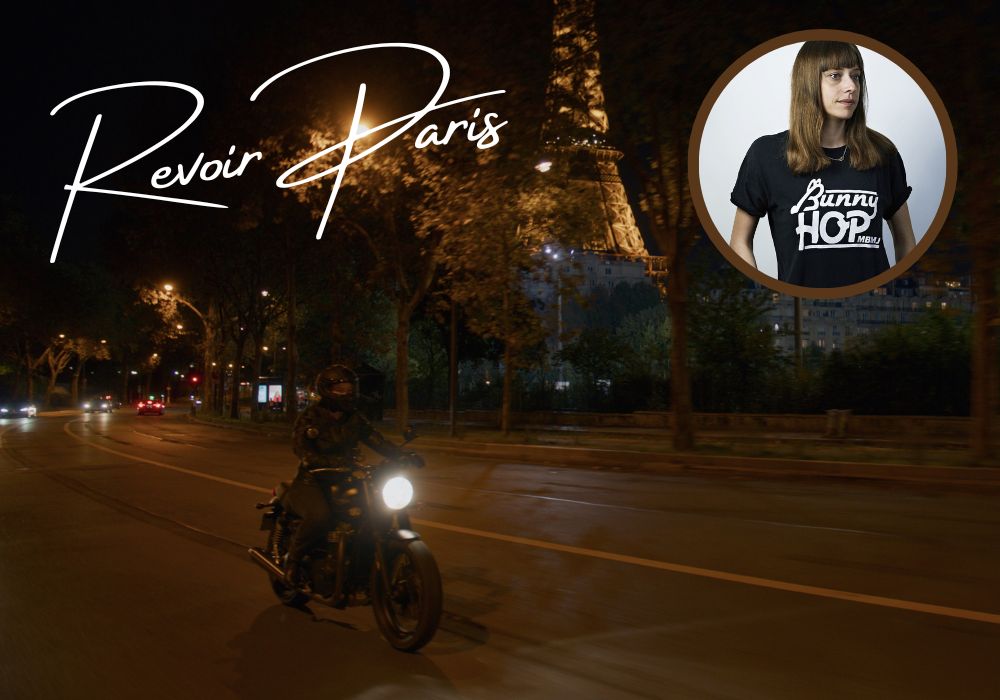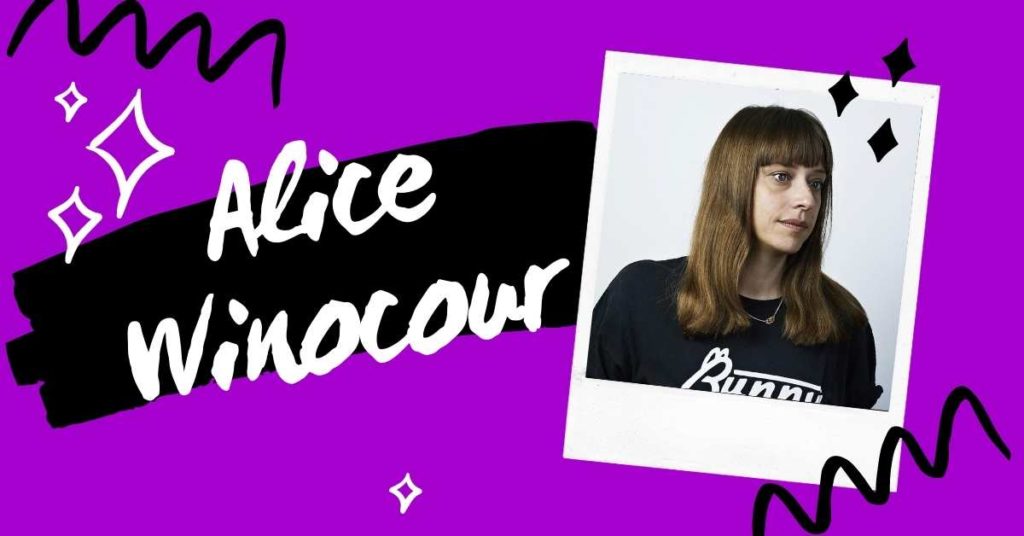
Alice Winocour is a French film director and screenwriter. She has made four feature films: Augustine (2012), Disorder (2015), Proxima (2019), and Revoir Paris (2022).
Alice Winocour is a Parisian writer and director who studied directing at La Fémis. Winocour premiered her first feature, Augustine, in the Cannes Critics Week and was nominated for the César for Best First Feature. Her second feature, Disorder, which starred Matthias Schoenaerts premiered in Un Certain Regard. Disorder won the AFI Fest Special Jury Award for Outstanding Achievement in Direction.
Winocour has written or co-written multiple critically acclaimed scripts for other directors. These include: Mustang, for which she won a César, Home, and Mignonnes. We named Winocour’s third feature, Proxima, the 14th best film of the decade. Proxima also received a special jury mention in the Platform Competition at TIFF 2019. Winocour’s films tend to focus on a single protagonist. Hence, Winocour regularly gets tour de force performances from her actors and pays strong attention to sound design.
Biography
Alice Winocour grew up watching movies with her younger brother, and was especially a fan of David Cronenberg’s body horror. After completing a law degree, she decided to sit the test for La Fémis, and was accepted. She studied in the screenwriting program where she wrote the script for her first feature, Augustine (2012). She couldn’t find someone else to direct the film, and was then persuaded to direct it herself.
Inspired by her love of body horror, Winocour’s films tend to explore stories about people with traumatized bodies. Additionally, Winocour tends to centre her films on the subjectivity of one (or two) characters. Key to this is working with actors on creating a strongly physical performance. Winocour is blind in one eye, which has also made her extremely attentive to the sound design in her films. Winocour has one daughter. She actually wanted to cast her daughter as the young girl in Proxima. Nevertheless, Winocour’s daughter refused to be in a movie directed by her mother.
Alice Winocour’s Filmmaking Process
To write her scripts, Winocour immerses herself in research in the milieu of her film. This also allows her to recruit real professionals in the field as actors in her film. For Augustine, she read up on Jean-Martin Charcot and visited contemporary psychiatric hospitals where she talked to doctors and patients. Some modern-day patients appear in the film. For Disorder, she spent several years getting to know ex-soldiers with PTSD. Additionally, several of the soldiers she talked to for research appear in the film among Vincent’s (Matthias Schoenaerts) security team. For Proxima, Winocour spent two years in the European Space Agency. There, she got to know astronauts and other professionals, several of whom appear in the film. Wincour tends to introduce her actors to the people she has talked to for research. This helps to immerse the actors in the world of the film, as well.
Winocour’s collaborations
Winocour has worked with the same core team on all of her features. This indeed includes editor Julien Lacheray (who edits for Céline Sciamma, too), costume designer Pascaline Chavanne, and sound mixer Marc Doisne. Cinematographer Georges Lechaptois shot Winocour’s first three films; Stéphane Fontaine shot Paris Memories.
Winocour likes to cast physical actors in her leading roles: “I like physical actors that have this animality. I’ve worked also with Vincent Lindon for Augustine, who is very physical, and Soko the actress, too. I knew I had to write for him [Schoenaerts]. So I worked a year-and-a-half, and we had several meetings. We met a lot of soldiers together to inspire [sic.] the part.”
A masterclass on directing with Alice Winocour
For an overview of Winocour’s career, watch our Lockdown Film School interview with her:
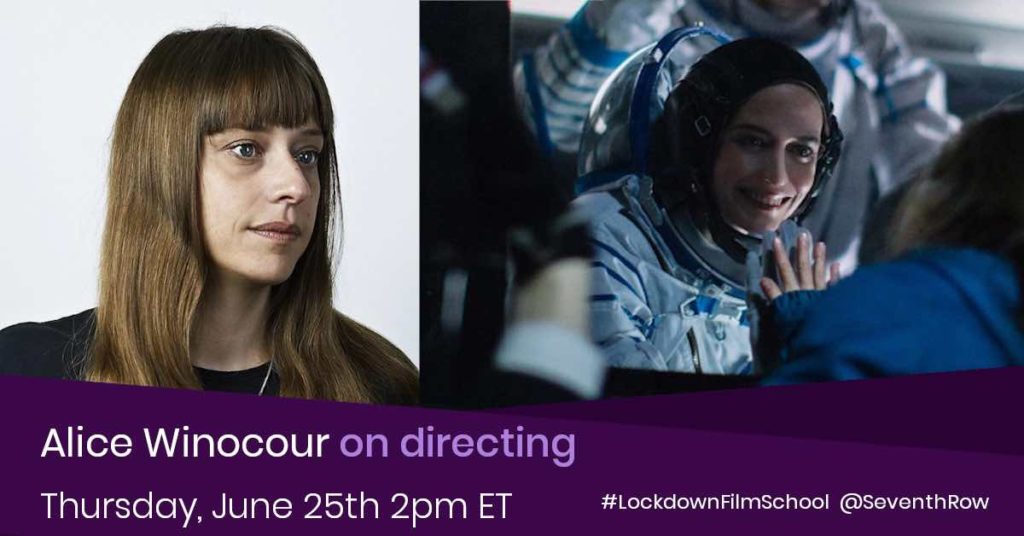
Alice Winocour’s films
Augustine (2012)
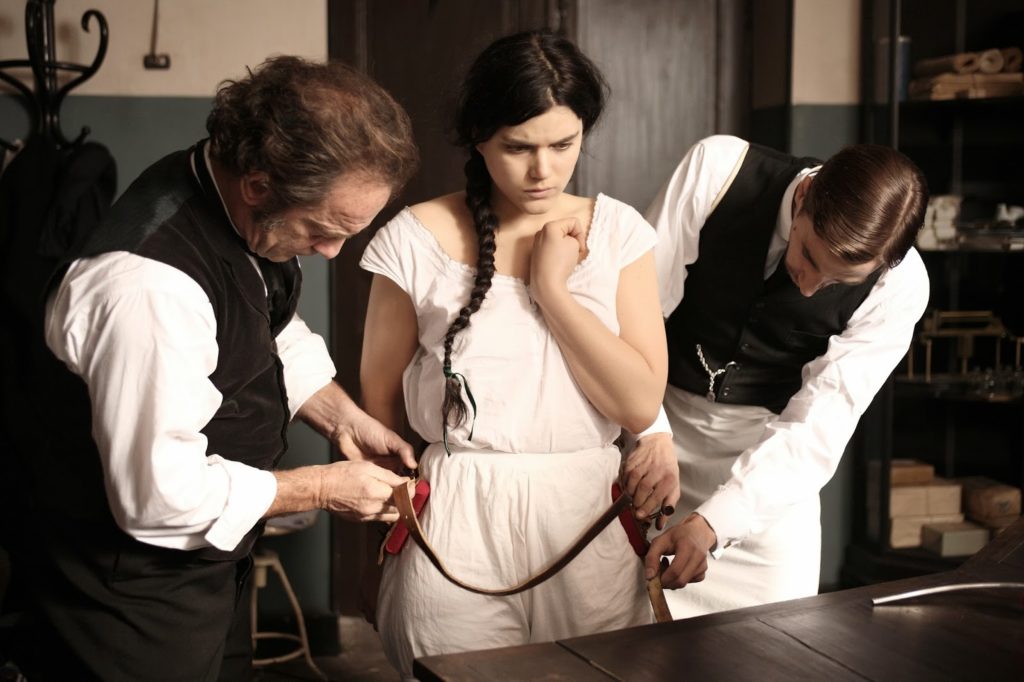
Augustine (2012) had its world premiere at the Cannes Critics’ Week. Alice Winocour was nominated for the César for Best First Film. Pascalien Chavanne was nominated for the César for Best Costume Design. Augustine screened at the Toronto International Film Festival, Stockholm Film Festival, Mar del Plata Film Festival, and Bombay International Film Festival.
Augustine was wrongly condemned by many critics as just another period romance when it was released. The film is so much more complicated than that. Like Portrait, it is a complex deconstruction of the idea of the muse. The film suggests that the so-called muse has a lot more agency in the creation of “art” than one might think.
The plot of Augustine
In this case, the muse is Augustine (Soko), a teenage patient in an asylum for women suffering from hysteria in 19th century France. Augustine’s violent and sexually-charged fits (she writhes and moans on the floor as if in sexual ecstasy) make her the star patient of neurologist Dr. Jean-Martin Charcot (Vincent Lindon). He triggers her fits and shows them off to an audience of men in the medical field in scenes more remeniscent of theatre than science. The film is so much more about Augustine’s journey from an object to a subject than it is about Dr. Charcot, and their relationship is not romantic, but rather a complex and erotic power play in which Augustine has more agency than she (or the audience) might initially realise.
Disorder (2015)
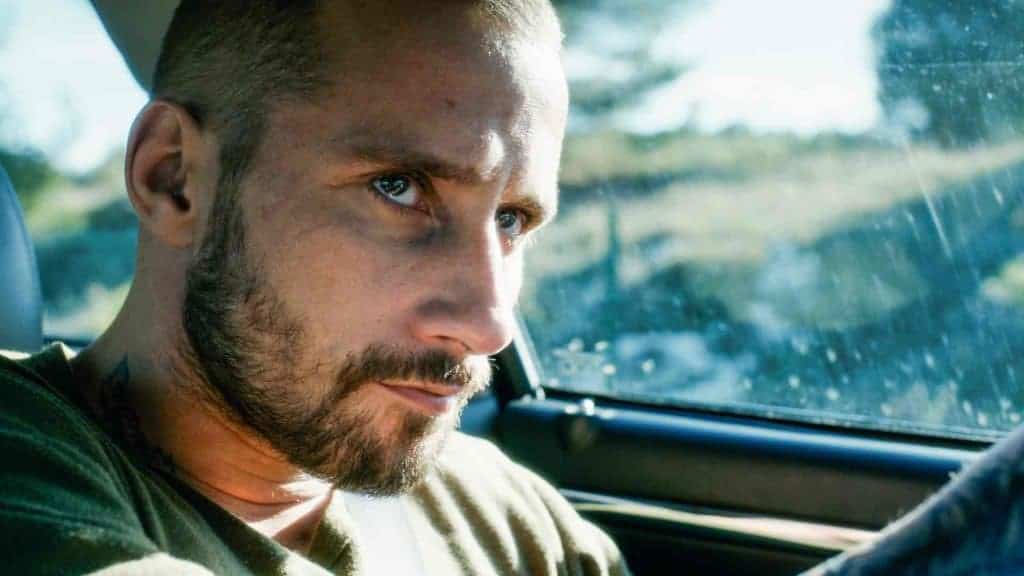
Disorder had its world premiere in the Un Certain Regard section of the 2015 Cannes Film Festival, before screening at the Toronto International Film Festival, the 2015 AFI Festival, the 2015 Stockholm Film Festival, and Film at Lincoln Centre’s Rendez-vous with French Cinema. Alice Winocour also won the Special Jury Award for Outstanding Achievement in Direction at AFI Fest.
The plot of Disorder
From our review: “Although Alice Winocour’s Disorder works as a heartpounding home invasion thriller, it’s also a meditation on trauma, paranoia, class, and unfulfilled desire. From the first shot of the film, Winocour places us firmly in the shoes of the protagonist, Vincent (Mattias Schoenaerts, terrific), a French soldier just returned from battle who is having trouble coping with civilian life. With tight closeups set to a blurred background to isolate him completely from the world when he’s panicking and a complex, subjective aural landscape — his war scars include hearing loss and we hear what he hears — we’re already primed for action and intrigue when the reality appears much more sedate.” Read the full review
On making Disorder
When describing the film, Winocour noted, “I tried to imagine this fucked up soldier that is really confronted with a shitty world of money and power, arms dealers and corrupted politicians. He doesn’t understand anything about it, but he feels like there is a threat and a hidden violence.” She also loved that there was an unconventional love story between Vincent and his charge, Jesse (Diane Kruger): “They are clashing with each other, but at the same time, they are living something sentimental together. Jesse [Diane Kruger’s character], she’s also a prisoner, in this golden prison. She’s also suffering in this world, and that’s why they fit together.”
Winocour wrote Disorder specifically for Matthias Schoenaerts
Winocour wrote the film specifically for Matthias Schoenaerts. “I’d seen him in Bullhead and in Rust and Bone, and I really wanted to work with him,” Winocour told us.
“I knew that he had this animality and [could pull off] this physical condition as an elite soldier. I wanted him to work himself into this kind of mental state. On the shooting, he was not sleeping anymore. He was only sleeping two hours per night. We knew that he had to feel in his eyes that he was in another world, so that he couldn’t fake it. “
He really immerses himself into the part. That is really what I admire about actors and also artists, in general— when they are entering this zone where they lose control and they forget themselves.”
Read our articles on Disorder
Proxima (2019)
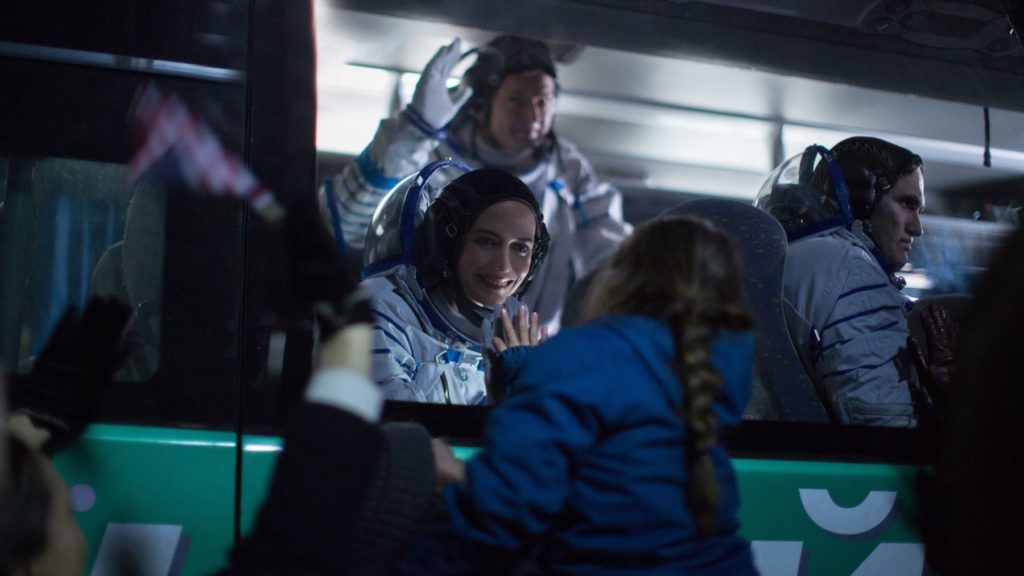
Proxima had its world premiere at the 2019 Toronto International Film Festival in the Platform Competition. There, it also won an Honourable Mention for the Platform Prize (along with Anne at 13,000 ft.). Eva Green was nominated for Best Actress for the film at the 2020 César Awards, and Winocour won the Special Prize of the Jury at the San Sebastián International Film Festival.
The plot of Proxima
From Orla Smith’s introduction to her interview with Alice Winocour on Proxima: “‘The idea of the separation from Earth resonate[s] with the idea of the separation from the little girl,’ Alice Winocour told me, regarding her outstanding new film, Proxima. Eva Green plays Sarah, an astronaut in training who is chosen to take part in a space mission, something all astronauts dream of but many never get to do. When she tells her ex-husband (Lars Eidinger), who is also a colleague, all she has to do is beam at him, and he knows what’s happened. Nothing else could make Sarah this happy.
But there are complications:, namely, Sarah’s young daughter, Stella. Sarah will be away from Earth and from her daughter for a whole year. But this isn’t a film about whether or not Sarah decides to leave; there’s never any doubt that she will go. Sarah adores her job, she’s fantastic at it, and the film never judges her for wanting to do what she loves. Stella will be fine in the hands of her father, who’s capable and loving, so Sarah doesn’t have to worry about her little girl’s well-being while she’s gone. In fact, there’s very little traditional conflict in Proxima. But that doesn’t make it any less gripping.” Read the full interview here.
Read our coverage of Alice Winocour’s Proxima
Revoir Paris (2022)
Alice Winocour’s second film to explore PTSD after Disorder follows a Parisian woman, Mia (Virginie Efira), who survives a Parisian terrorist attack at the beginning of the film. She becomes dissociated from both her body and the people around her.
The film is about Mia’s external and internal journey to piece together her fragmented memories of the traumatic event in an effort to heal and reinvent her psyche and life. Sharing the haptic filmmaking and incredible sound design of Lynne Ramsay’s You Were Never Really Here and the realism of Debra Granik’s Leave No Trace, Revoir Paris is a fitting addition to the canon of great films about PTSD.
Revoir Paris is based on Winocour’s brother’s experience surviving a Parisian terrorist attack, and Winocour’s, who was on the phone with her brother while it happened.
Although Nicole Kidman was originally cast in the role, the pandemic prevented her from participating. Efira’s incredible, still, and dead-eyed performance won her the César for Best Actress.
Read our coverage of Alice Winocour’s Revoir Paris
FAQs about Alice Winocour
Alice Winocour began shooting her latest project, Couture, November 2024. The film is set to star Angelina Jolie as an American filmmaker who arrives in Paris during fashion week. Louis Garrel and Raw co-stars Garance Marillier and Ella Rumpf are also in the cast list.
Alice Winocour has made three feature films thus far: Augustine (2012), Disorder (2015), Proxima (2019), and Revoir Paris (2022).
Alice Winocour wrote or co-wrote the screenplay for all of her features. She wrote Augustine on her own, and then collaborated with Jean-Stéphane Bron on the scripts for Disorder, Proxima, and Paris Memories.
She has also collaborated on scripts for other directors’ films, including Mustang (2015), Ordinary People (2009), and Home (2008).
FAQs on Alice Winocour’s process
Alice Winocour has collaborated with the same core group of people on all of her features: editor Julien Lacheray, cinematographer Georges Lechaptois (who did not shoot Revoir Paris), costume designer Pascaline Chavanne (who was replaced by Caroline Speith for Revoir Paris), and sound mixer Marc Doisne. Jean-Stéphane Bron contributed to the Disorder, Proxima, and Revoir Paris scripts. Couture will be her third collaboration with production designer Florian Sanson.
For the leading roles in all of her features, Alice Winocour has gravitated towards actors who are very physical in their performances, who are interested in exploring stories of traumatized bodies.
Alice Winocour grew up watching body horror films by David Cronenberg, and she cites his work as an inspiration for all of her films.
Find Alice Winocour’s insights alongside other directors in the ebook: In their own words: Fiction directors
Many of Alice Winocour’s insights appear in our new ebook on filmmaking.
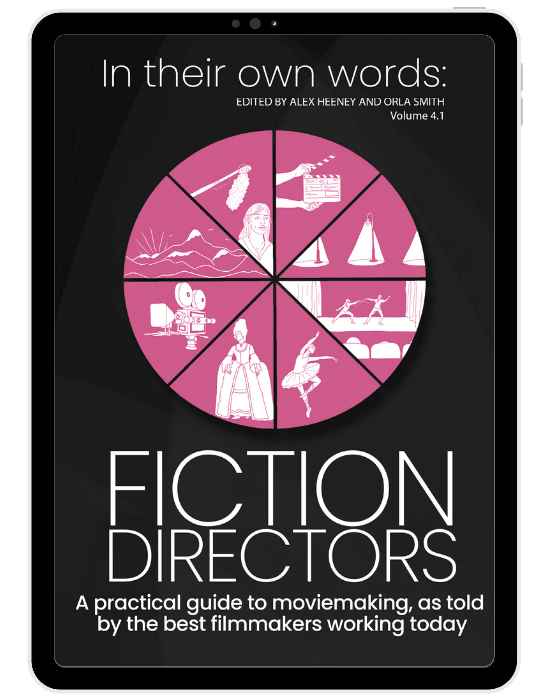
Discover how the best filmmakers working today approach filmmaking
A practical guide to moviemaking, as told by the best filmmakers working today.
Recommended reading/viewing
An interview with Alice Winocour on Augustine in Film Comment
A Q&A with Alice Winocour and Diane Kruger on Disorder from the 2016 Rendez-vous with French Cinema
An interview with Alice Winocour on Disorder in Film Comment
Matthias Schoenaerts and Alice Winocour give a Q&A in London on Disorder
